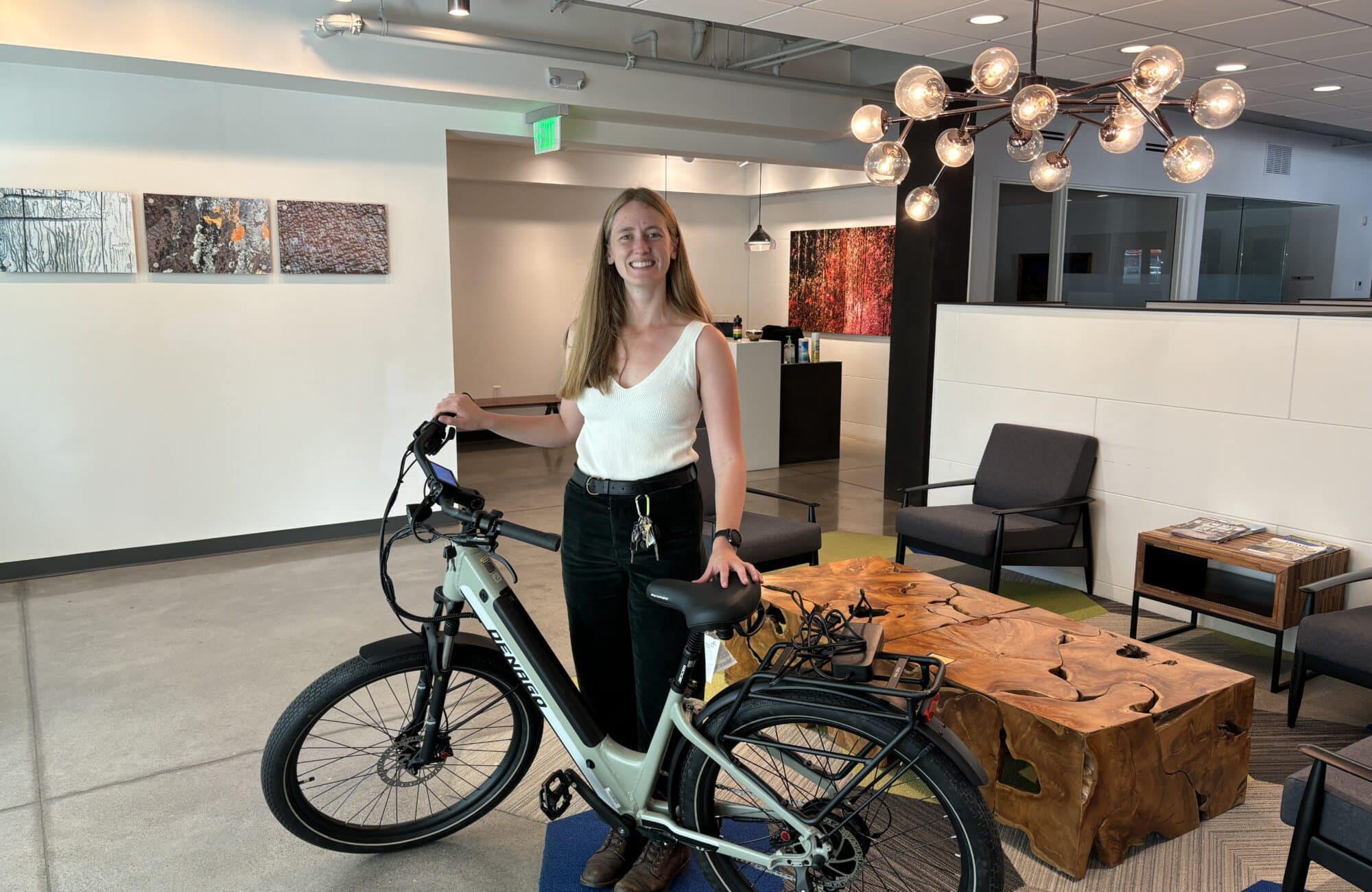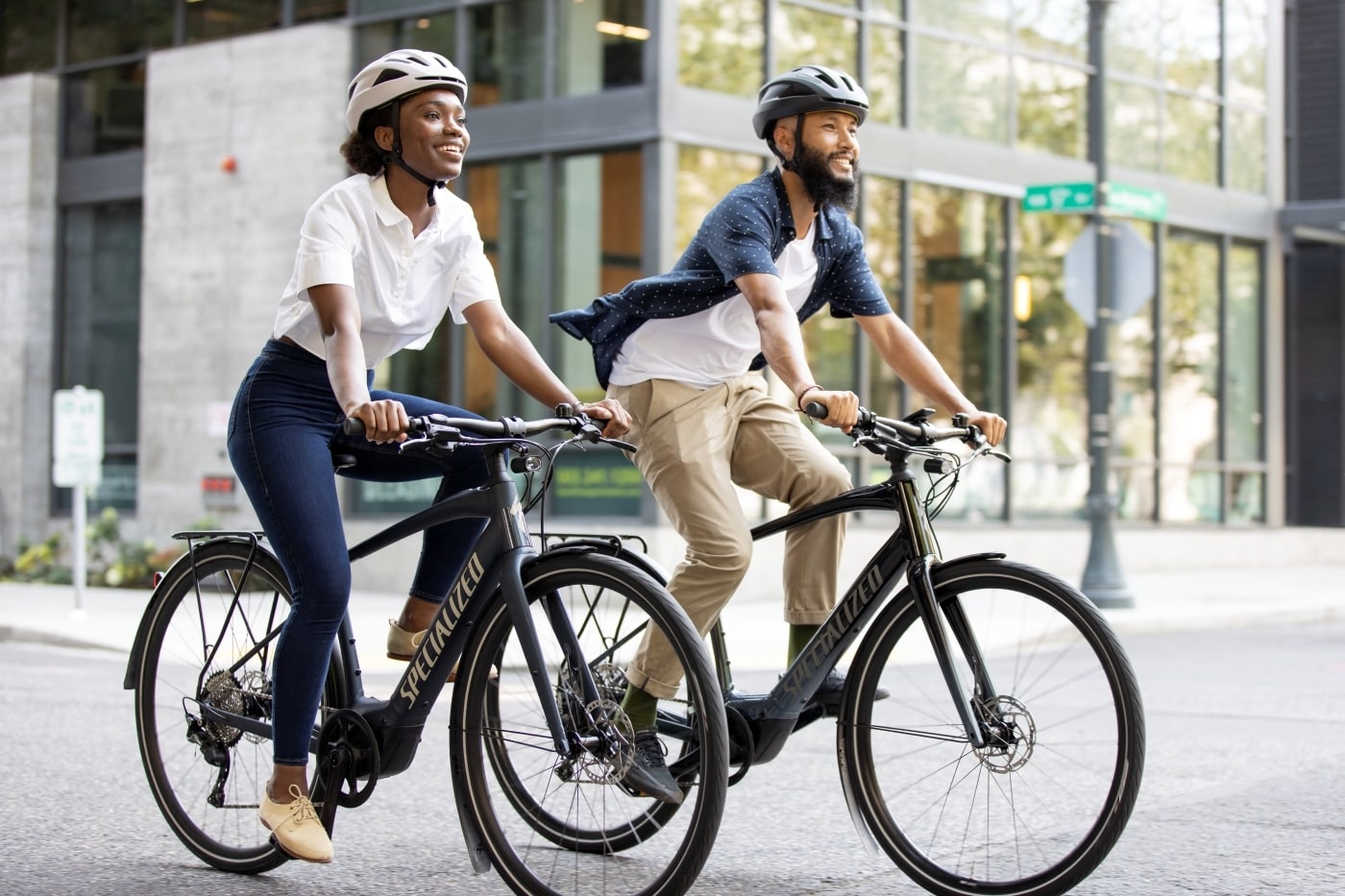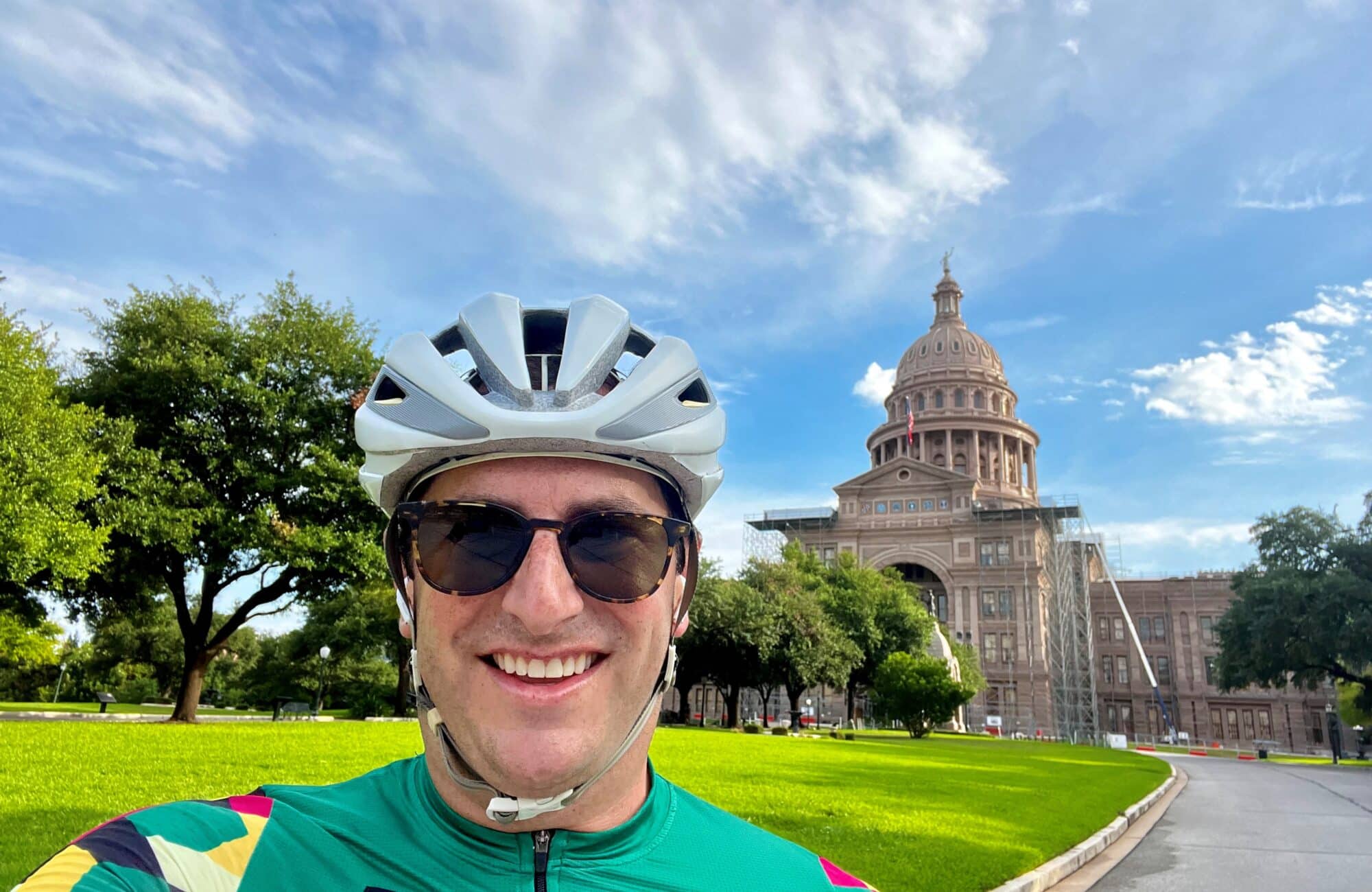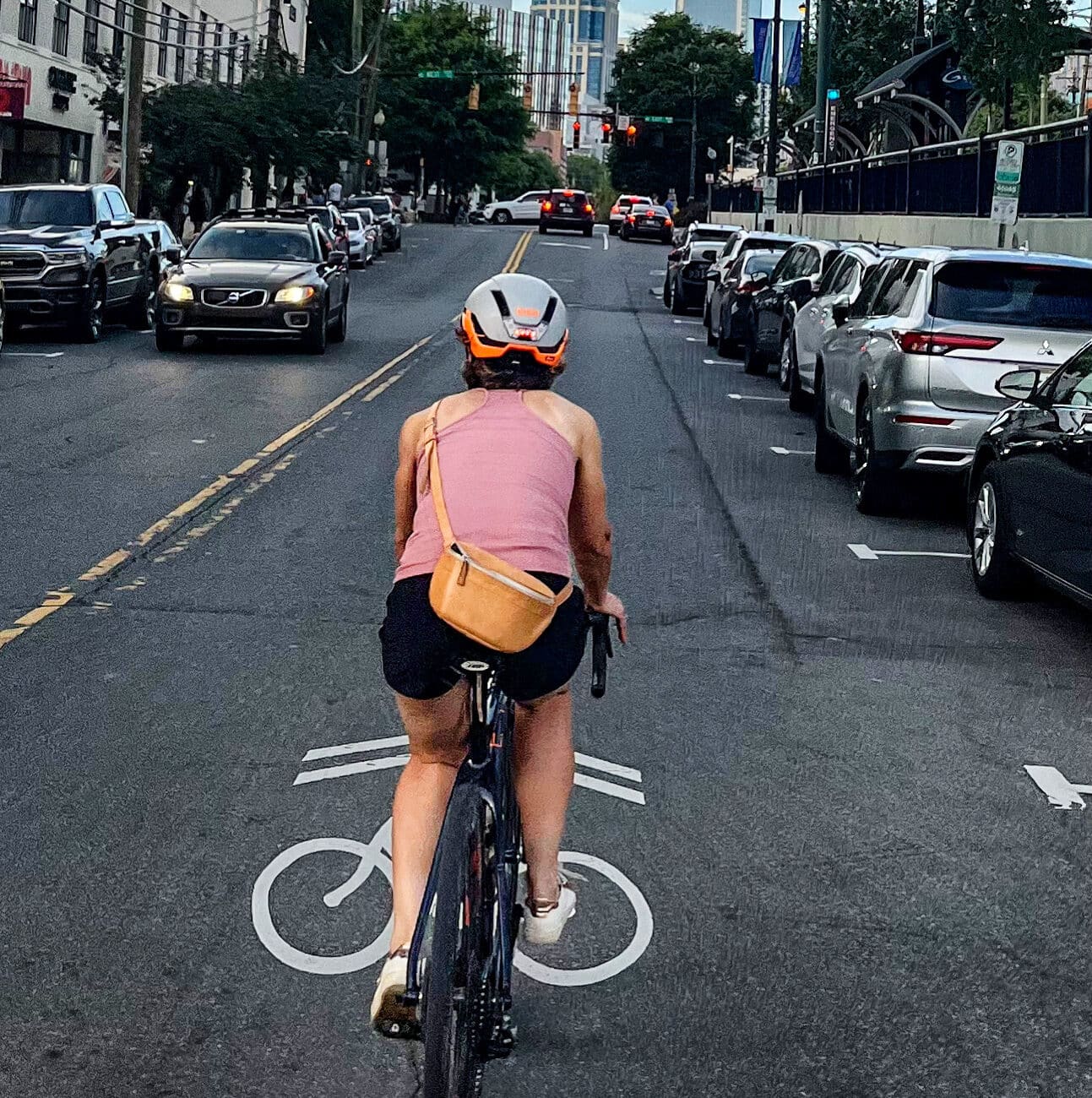BIKES & CRIMINAL JUSTICE

Many of our cycling clients find themselves having to interact with the criminal justice system. Typically, it’s because the driver who hits them (or their family member) is charged with a crime or traffic offense.
Occasionally bicyclists themselves are charged with traffic offenses!
Every state’s criminal laws are different, but there is a lot of overlap. These responses are North Carolina based but should help you understand a bit of the process in any state. These explanations should clear up a lot of the confusion, but we are always available to answer questions.
What is the difference between the civil and criminal justice system?
In the civil justice system, people (or other entities) bring lawsuits against other people (or entities) who have wronged them. The person bringing a civil action usually is looking for money damages, but they may also ask for other remedies, like forcing a person to stop doing something or asking the court to enforce a contract.
In a criminal case, the entity pursuing the case is always the state or federal government. A person can ask the government to bring criminal charges against another person, but ultimately it is the government’s decision whether to bring the charges and what punishment to seek. The injured person is the crime victim, not a party to the action. Crime victims have certain rights (typically to be notified of court dates and to have their opinions heard) but criminal charges are always brought on behalf of the people of the state (or united states) and not the victims themselves.
In a criminal case, the government can ask for restitution on behalf of the victim. The restitution would come directly from the defendant (not an insurance company) and courts usually grant restitution only for direct money damages, like medical bills. Logistically, restitution is often difficult to collect.
I was hit by a car while riding my bike. Can I hire a lawyer to represent me in criminal court?
Yes and no. The lawyers in the Bike Law network are civil attorneys. We often, however, advocate for clients (as victims) in the criminal justice system. Depending on the case, this could mean anything from providing advice to the client about the process, sending information to, and communicating with, the district attorney to help them prosecute the case, and/or meeting with the district attorney (also harassing a district attorney who isn’t doing their job). We don’t charge a separate fee for doing these things; if the case warrants it, we will do them as part of our overall representation.
My loved one was killed by a careless driver. How is it possible that this person is not going to jail?
Laws in many states have not caught up with the reality of dangerous and distracted driving.
In North Carolina, in order to be charged with any crime at all, the driver must at least have committed an infraction, like routine speeding, or failing to stop at a light. If the state can prove that the driver committed an infraction, and killed someone, then the driver will be charged with Misdemeanor Death by Motor Vehicle. Unfortunately, a misdemeanor carries very little punishment, and a person with no past driving record is likely to get no jail time, regardless of the seriousness of the infraction. In some limited aggravated situations (like drunk driving) the state may be able to seek manslaughter, or even murder, charges.
To date, we are not aware of any District Attorney in North Carolina seeking manslaughter, or higher, charges, for distracted driving. We believe this could be done but only with the right set of facts[1], because the first prosecution for distracted driving murder charges will set precedent for the rest of the state.
What if I am seriously injured but alive?
Unfortunately, the criminal charges available in case of serious injury are even less adequate than in fatality cases. Some District Attorneys’ offices have an internal policy that, if the driver has insurance and there is a civil case, they will dismiss even the infractions (ie. speeding, failure to stop) against the driver.
In all cases where criminal charges are brought, we send a letter to the District Attorney’s office asking them to please prosecute the case, regardless of an “insurance letter.” In many cases, insurance coverage isn’t even sufficient to compensate the victim financially, and it certainly doesn’t help them feel that justice has been served. District attorneys’ offices are supposed to take a victim’s wishes into account in their decision making.
In some instances, the State may be able to bring charges of Assault With A Deadly Weapon Inflicting Serious Injury. The deadly weapon, of course, is the car, and the State must prove that the driver had the intent to use the car in a manner that could potentially inflict serious injury. The injury must be debilitating and permanent to be considered “serious” under the criminal law.
Why on earth would the State dismiss a speeding ticket, when I’ve been injured?
It doesn’t seem to make sense at all. You’ve been injured by a careless driver, the driver gets slapped on the risk with a speeding ticket, or failure to stop, or some other minor infraction, and then, even the ticket is dismissed?! If this seems unjust, you are absolutely right. Sadly, many court systems are logjammed and over capacity and district attorneys are looking for any reason (“insurance letter,” for example) to move their dockets.
For more on this, see my interview with Mecklenburg County ADA Dan McNeil: https://youtu.be/VpY5noSe5uw
What’s next?
Most, if not all, states need to upgrade their laws to reflect the danger, and prevalence, of distracted driving. The research showing that distracted driving is as bad, or worse, than drunk driving, has been around for years. It makes sense to extend drunk driving laws to distracted drivers. The challenge is proving the distraction; it would not be possible in every case for police to confiscate and download a driver’s phone. This should be a requirement, however, in all fatality and serious injury cases.
[1] We believe an opportunity was missed here:
https://www.bikelaw.com/2019/01/death-by-distracted-driving/
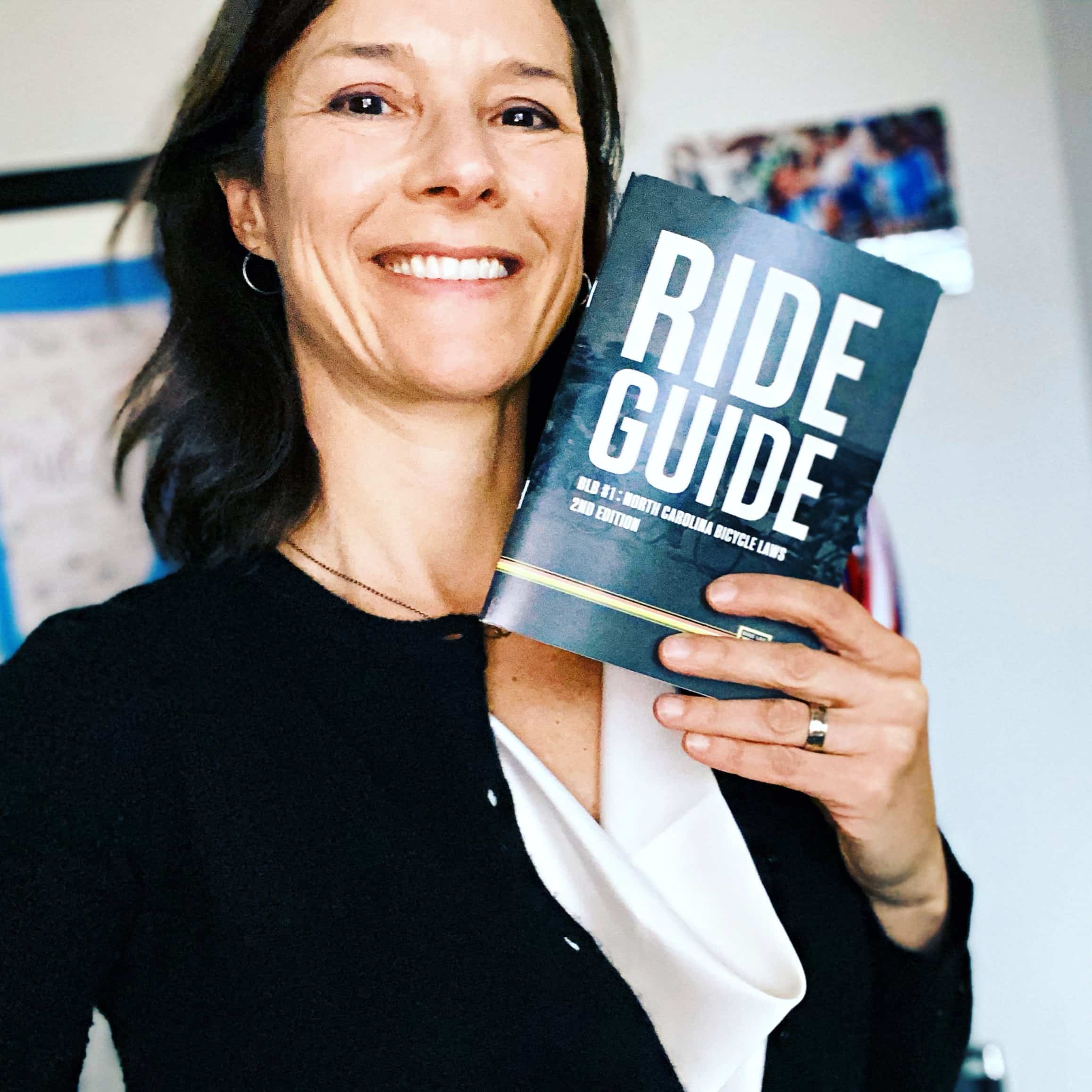
North Carolina lawyer and Bike Law founder, Ann Groninger, has advocated at the state level on behalf of bicyclists in North Carolina for over 15 years. Ann has offices in Charlotte and Durham and has helped bike accident clients in Asheville, Raleigh, Durham, Greenville, Wilmington, Fayetteville, and throughout the state. Read more about Ann on her bio page.
-
From Winner to Advocate: One Cyclist’s E-Bike Journey
Two years ago, on a family trip to Switzerland, my wife and I rented two electric-assisted mountain bikes, or e-MTBs, to tackle some steep trails near the Matterhorn. The salesperson said, in no uncertain terms, that the new e-MTBs were the way of the future, and we should give them a try. So we did. …
-
A Comprehensive Guide to E-Bikes in Louisiana: Laws, Tips, and Choosing the Best E-Bike
E-bikes are popping up everywhere. If you’re riding one in Louisiana or thinking about getting one, you may have questions about the laws, safety tips, and how to pick the right bike. That’s exactly what this post is here for! We’ll break down what you need to know about riding e-bikes in Louisiana, from legal…
-
The Lisa Torry Smith Act: A Win for Cycling Safety in Texas?
The Lisa Torry Smith Act brings important changes to Texas law. It makes clear that cyclists can ride in crosswalks and now requires drivers to stop and yield before entering a crosswalk with a pedestrian or cyclist. A gap in Texas law is allowing some drivers who hit people in crosswalks to get off scot-free,…
-
Far Right?! I was taking a LEFT!
Even Bike Law lawyers get hassled. Like many of us, riding for me is stress relief; it’s an escape from conflict and a busy schedule. Sometimes incidents on the road have the opposite effect and one incident this weekend made me question the state of humanity. It was not an unusual event, nor a particularly…
-
E-BIKES ARE LEGAL IN NC (WELL, SOME OF THEM)
Love them or hate them, e-bikes continue to rise in popularity. At the same time, lawmakers struggle to keep up with the developing technologies. Every week I get multiple inquiries from people trying to navigate North Carolina’s e-bike laws. If you’re confused, you’re not alone. We could easily fill a book with all the latest…
-
BIKES & CRIMINAL JUSTICE
Many of our cycling clients find themselves having to interact with the criminal justice system. Typically, it’s because the driver who hits them (or their family member) is charged with a crime or traffic offense. Occasionally bicyclists themselves are charged with traffic offenses! Every state’s criminal laws are different, but there is a lot of…
-
Another Successful Road Defect Case, This Time a $750,000 Settlement in Georgia
We recently shared the story of a trial victory from the State of Texas where a bicyclist was injured due to a defect in a road maintained by the Texas Department of Transportation. Texas Road Defect We now can tell the story of another huge win in a road defect case, this time from our Bike Law…
-
One Million Dollars for Texas Road Defect
The Texas Department of Transportation had offered cyclist Mike Bagg $0. Recently, attorneys with the Bike Law network took a case to a trial against a titan of a defendant: the Texas Department of Transportation. TxDOT was represented by the Attorney General’s Office, one of Texas’ largest legal teams. We had a great client, but it was…
-
More Roads = Better Transportation, And Other Myths
2023 got off to a rough start for Charlotte, North Carolina, particularly in the context of road safety. Within about a week, we lost a young woman who was riding her bicycle, a pedestrian killed in the same area of town, and four people were killed in a car wreck on I-85 in the University…


